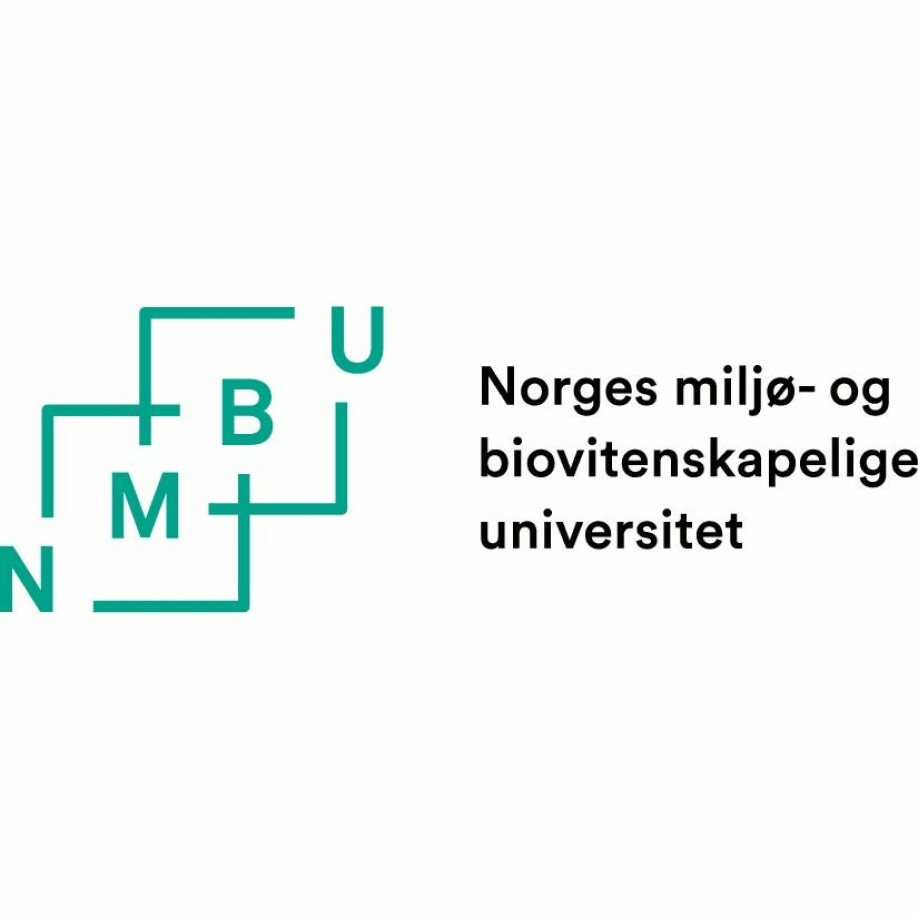Stilling:
Postdoctoral position within evolution of genome regulation in vertebrates
Application deadline: 10th January 2019

About the position
The Department of Animal and Aquacultural Sciences (IHA), Centre for Integrative Genetics (CIGENE, www.cigene.no) is inviting applications for a 2-year postdoctoral research fellowship within evolution of genome regulation. The position is funded with strategic funds from NMBU.
The position is mainly based within the CIGENE environment, which includes comprehensive molecular lab facilities and an internationally strong genomics and computational biology research group. In addition, the project will be developed in tight collaboration with the Centre for Genomic Regulation (CRG), in Barcelona (Spain), involving high mobility between NMBU and CRG.
Main tasks
The project is a collaboration between the research groups of Simen Rød Sandve at NMBU and Manuel Irimia at the CRG, two leading groups in the research on consequences of whole genome duplications in vertebrate evolution.
Whole genome duplication has played a major role in shaping vertebrate genomes. However, we are only starting to understand the role of these massive gene-generating events on the evolution of genome function. In this project we aim to understand the impact of whole genome duplications in evolution of alternative splicing. Gene duplication and alternative splicing are the two main evolutionary mechanisms to expand and functionally diversify proteomes, and have often been regarded as complementary. However, how alternative isoforms evolve after whole genome duplications at different time scales have not been properly addressed. The project will investigate this question for four phylogenetic nodes during vertebrate history (the ancestral 2R, the teleost-specific 3R, the allotetraploid Xenopus (frog) and, the paleo-autotetraploid salmonid fish).
The main tasks will be to analyse the evolution of alternative splicing using large sets of tissue-specific RNAseq data and genome-wide exon-level comparisons. There will also be opportunities to integrate long-read nanopore data into the analyses.
The candidate will work in close collaboration with both PhD-students and postdoctoral researchers at the NMBU and CRG labs.
Academic Qualifications
Minimum requirements:
- PhD in evolutionary biology, genomics, bioinformatics, statistical genomics, or similar
- Experience with analyses of genomics/transcriptomics/ epigenomics data
- Fluency in at least one programming language (e.g. R, python, perl, etc)
Additional preferred requirements:
- Experience with analysing alternative splicing using high-throughput sequencing data
- Experience with comparative analyses of omics data across species
- Strong statistical skillset
Personal skills:
- Ability for independent work displaying initiative and careful creative thought.
- Analytical and academic approach to research questions
- Good collaborative/social skills
- Applicants must be proficient in English, both written and spoken
Remuneration and information
iThe position is placed in government pay scale position code 1352 Postdoctoral Fellow, wage framework 24 (salary grade 59-77) (NOK 515.200 -731.400), depending on qualifications. Seniority Promotion in position.
For further information, please contact:
- Dr. Simen Rød Sandve on telephone (+47) 6723 2711, e-mail: simen.sandve@nmbu.no or
- visit srsandve.org
Application
To apply online for this vacancy, please click on the 'Apply for this job' button above. This will route you to the University's Web Recruitment System, where you will need to register an account (if you have not already) and log in before completing the online application form.
Application deadline: 10th January 2019
Up to ten publications selected by the applicant as most relevant must be attached to the application. If it is difficult to identify the contribution of the applicant in multiple-author publications, a short explanation about the applicant’s part of the work is suggested.
Printed material which cannot be sent electronically should be sent by surface mail to Norwegian University of Life Sciences, Department of (name), P.O. Box 5003, NO-1432 Ås, within 10th January 2019. Please quote reference number 18/06573.






